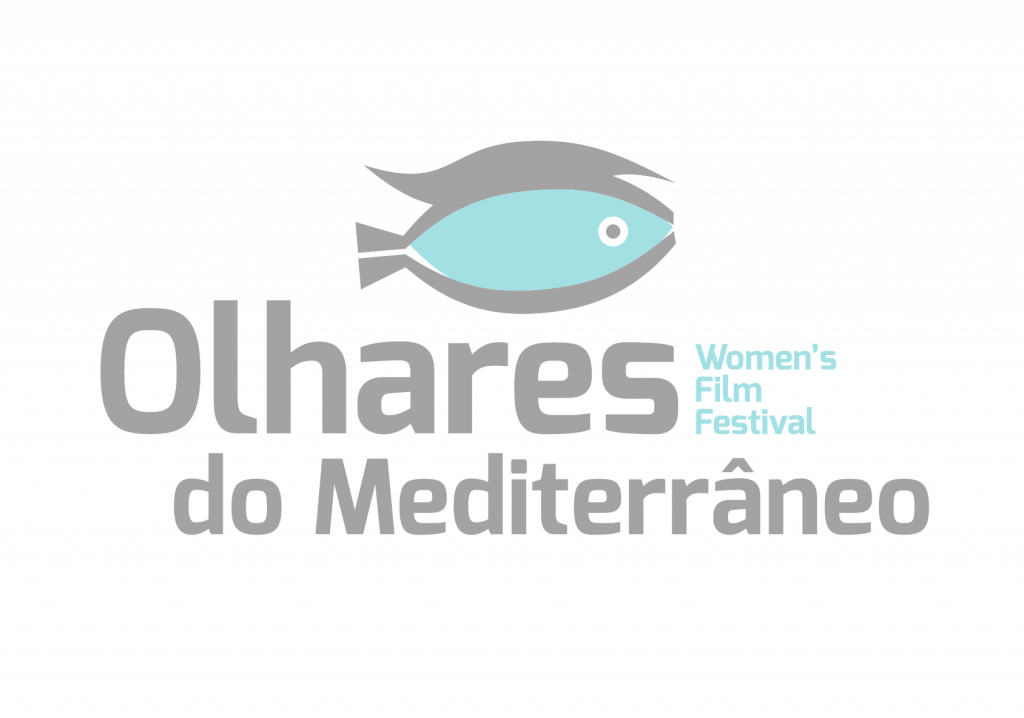
A journey through journeys. A tribute to one’s parents. A self-portrait.

Armindo Carvalho is my grandfather from Vila Nova de Famalicão. He dedicated his whole life to photography and, in 1969, he got his professional license. Registered his own family and the family of others. He traveled across several cities and villages in the region of Braga, Famalicão, Guimarães, among others, registering events and several ceremonies. Armindo e a Câmera Escura is a work that revisits his family memories through images.

A documentary that follows Mc Linn Da Quebrada, a black trans woman, performer and activist living in impoverished São Paulo. Her electrifying performances (with plenty of nudity) brazenly take on Brazil’s hetero-normative machismo.

In the African continent, Ana Pi reconnects with her origins through the choreographic gesture, engaging in a space-time experiment that combines traditional and contemporary movements. In this dance of fertility and healing, the black skin under the blue veil is integrated with space, reenacting new forms and colors that evoke ancestry, belonging, resistance and the sense of freedom.

An intimate encounter between two women-one is an indigenous Mbyá-Guarani filmmaker, the other a non-indigenous visual artist and anthropologist. As they film each other, they set up a confrontation between ethnographic and indigenous filmmaking, putting the two in tension with each other.

Ashore portrays the life of a singular fisherman in an ancient riverfront community near Lisbon. Divided between the quiet solitude of the river and the family ties that wash him ashore, the film follows Albertino Lobo, as nature renews itself with each season cycle.

The return of an absent daughter to the city where she was born — absent for fear of a crisis from her bipolar mother — is the trigger for a family reunion.

Political documentary and personal memoir collide in this exploration into the complex truth behind the unraveling of two Brazilian presidencies.

The director immerses herself in her father’s past by meeting the nun who helped her family flee the Angola Civil War in the 1970s. They came to Olinda and, as a tribute, the first daughter born in Brazil won the name of this woman.

Through images from a personal archive and reflections on the ambivalences that are sometimes imprinted in relationships full of love, the film presents moments of affection between two lesbians and their mothers.

Beatriz married Henrique on the day of her 21st birthday. Henrique, a naval officer, would spend long periods at sea. Ashore, Beatriz, who learned everything from the verticality of plants, took great care of the roots of their six children. The oldest son, Jacinto (Hyacinth), my father, dreamed he could be a bird. One day, suddenly, Beatriz died. My mom didn’t die suddenly, but she too died when I was 17 years-old. On that day, me and my father met in the loss of our mothers and our relationship was no longer just that of father and daughter.

Confined, the artists performed a creative gesture mediated by the mourning of separation after 4 years of a love relationship and shared artistic works.

Once again, the planes took over the sky. But how did we get here?

An autobiographical documentary directed by a mother who follows the gender transition of her teenage son: between 2016 and 2019 she interviews him addressing the conflicts, certainties and uncertainties that permeate him in a deep search for his identity. At the same time, the mother, revealed through a first-person narration and her voice that talks to her son behind the camera, also goes through a transformation process that forces her to break old paradigms, face fears and dismantle prejudices.

In a house under construction for 30 years, the reading of its descriptive memory and the collection of documents about its construction process awaken fragments of uncertain memories. From an image and sound research, an unfinished film emerges about an unfinished house.

A first-person documentary which aims to investigate, within the director’s dyke experience, the most diverse performances of masculinity, taking into account her last three relationships and also interviews with her father.

Cláudia Tomaz decides to leave everything behind and go around the world on a journey of the soul as a means of meditating. A journey made of real-life, self-inquiry, active meditation, vision quest and radical soul work.
Institutions involved:





Partners:







